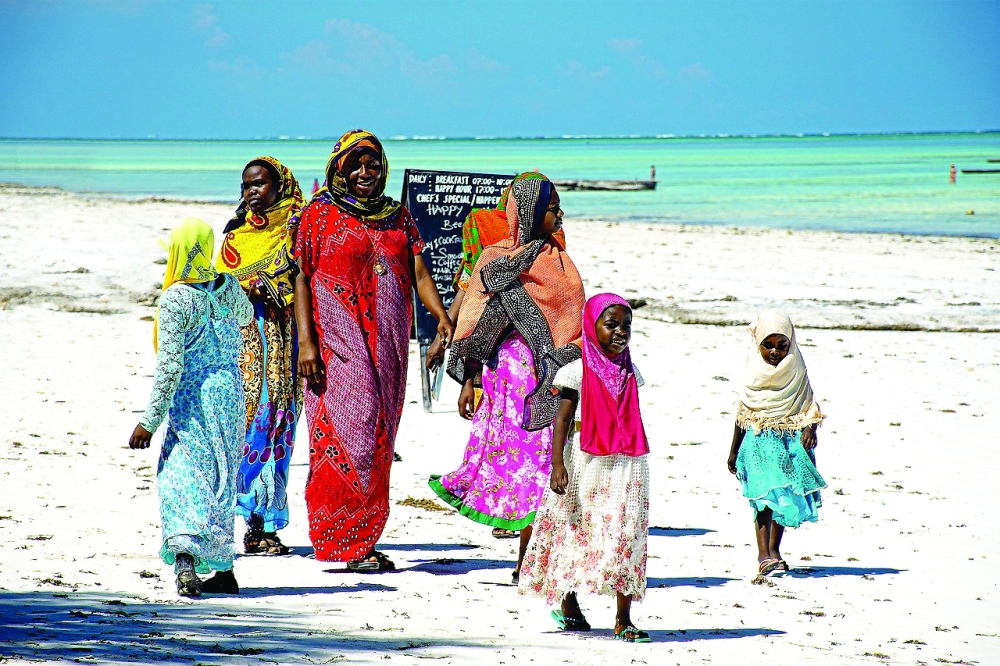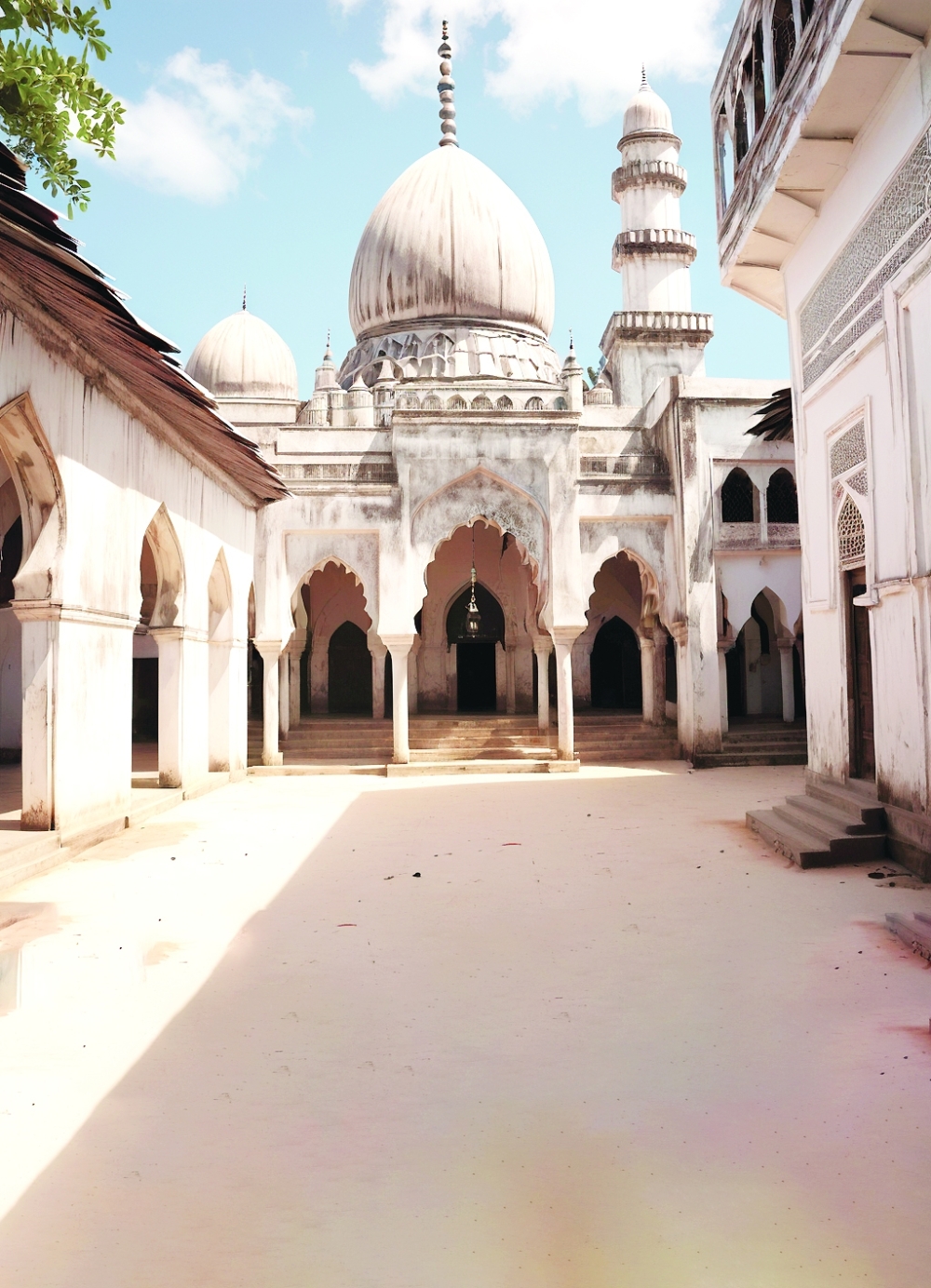

Zanzibar is an archipelago off the coast of East Africa, belonging to Tanzania. Its main islands are Unguja (often referred to as Zanzibar Island) and Pemba. Zanzibar has a rich history deeply intertwined with trade, particularly in spices like cloves, and its strategic location made it a hub for traders from various parts of the world, including Arabs, Persians, Indians, and Europeans.
Zanzibar's relation to Oman dates back centuries. Omanis exerted significant influence over Zanzibar, particularly during the 18th and 19th centuries when it was a center of the Omani Sultanate's maritime empire. The relationship was characterized by trade, cultural exchange, and political ties. Oman established control over Zanzibar, and it served as an important trading post and a key link in the Arab slave trade.

There's a fondness between Oman and Zanzibar due to historical, cultural, and economic ties. Many Omanis have familial connections to Zanzibar due to historical migrations and intermarriages. Additionally, Zanzibar continues to hold significance for Oman, both culturally and economically, particularly in the realm of trade and tourism. The historical legacy and shared cultural heritage contribute to the enduring bond between the two regions.
Approximately 99% of the population of Zanzibar identifies as Muslim. Islam's presence in Zanzibar dates back over a millennium and has been deeply intertwined with the region's history, culture, and society.
The rise of Islam in Zanzibar can be traced back to the early days of the Islamic expansion in the 8th century AD. Arab traders and merchants from the Arabian Peninsula, particularly from Oman, established trade routes along the East African coast, including Zanzibar. Through these interactions, Islam gradually spread to the region, with traders, scholars, and settlers playing key roles in its dissemination.
By the 10th century, Islam had firmly taken root in Zanzibar, and the Swahili city-states that emerged along the coast became centers of Islamic culture and learning. Over the centuries, Zanzibar's position as a trading hub further facilitated the spread and consolidation of Islam in the region. The arrival of Arab settlers and the intermarriage between Arab traders and local African populations also contributed to the expansion of Islam.

During the 19th century, Zanzibar became a major center of the Omani Sultanate, and the influence of Islam continued to grow under Omani rule. Arab traders and religious leaders played significant roles in shaping the religious and cultural landscape of the islands.
Today, Islam remains deeply ingrained in the social fabric of Zanzibar. Mosques dot the landscape, and Islamic traditions and practices are observed throughout the islands.
In Zanzibar, the observance of Ramadan commenced on March 12, mirroring the practice in Oman, where the crescent moon signals the start of the holy month. However, unlike in Oman where the lingering chill of winter persists, Zanzibar's conditions present unique challenges, with temperatures soaring as high as 34 degrees Celsius during the day, making fasting a formidable test for adherents, as shared by Omanis partaking in Ramadan on the island.
But unlike in Oman where crimson of winter is still in the horizon, the condition is a little bit hard due to weather conditions with temperature as high as 34 degrees Celsius during the day, according to Omanis spending their Ramadhan in Zanzibar.
Apart from that Ramadhan is beautiful in Zanzibar, people help each other, they eat together especially in the villages, and mosques are full as Islamic teachings are going on after evening Asr prayers till Maghreb.

After Ishaa prayers, most of the mosques conduct Taraweeh prayers and ask forgiveness from Almighty Allah.
On this island, one can see a perfect mix of culture, religion, and daily life and the celebrations of the holy month of Ramadhan offers a deep cultural immersion as it provides a firsthand experience of the rituals, traditions, and the collective spirit that defines the holy month for the predominantly Muslim population. From early morning suhoor meals to the evening iftar feasts, the island takes on a special atmosphere that is a testament to the significance of Ramadhan in Zanzibar life.
Zanzibari society is one where Islam is deeply ingrained in the daily lives of its people. With over 98percent of the population being Muslim, the island becomes a unique enclave where Islamic traditions and practices play a central role in shaping the local culture. This contrasts with the broader Tanzanian society, emphasising Zanzibar's distinctive identity.
In Zanzibar, the start of Ramadhan also marks the beginning for preparations for Eid celebrations, so towns and shops are full of people selecting various clothes for themselves and for their children.
In fact this is the busiest time of the year in Zanzibar.
Oman Observer is now on the WhatsApp channel. Click here



